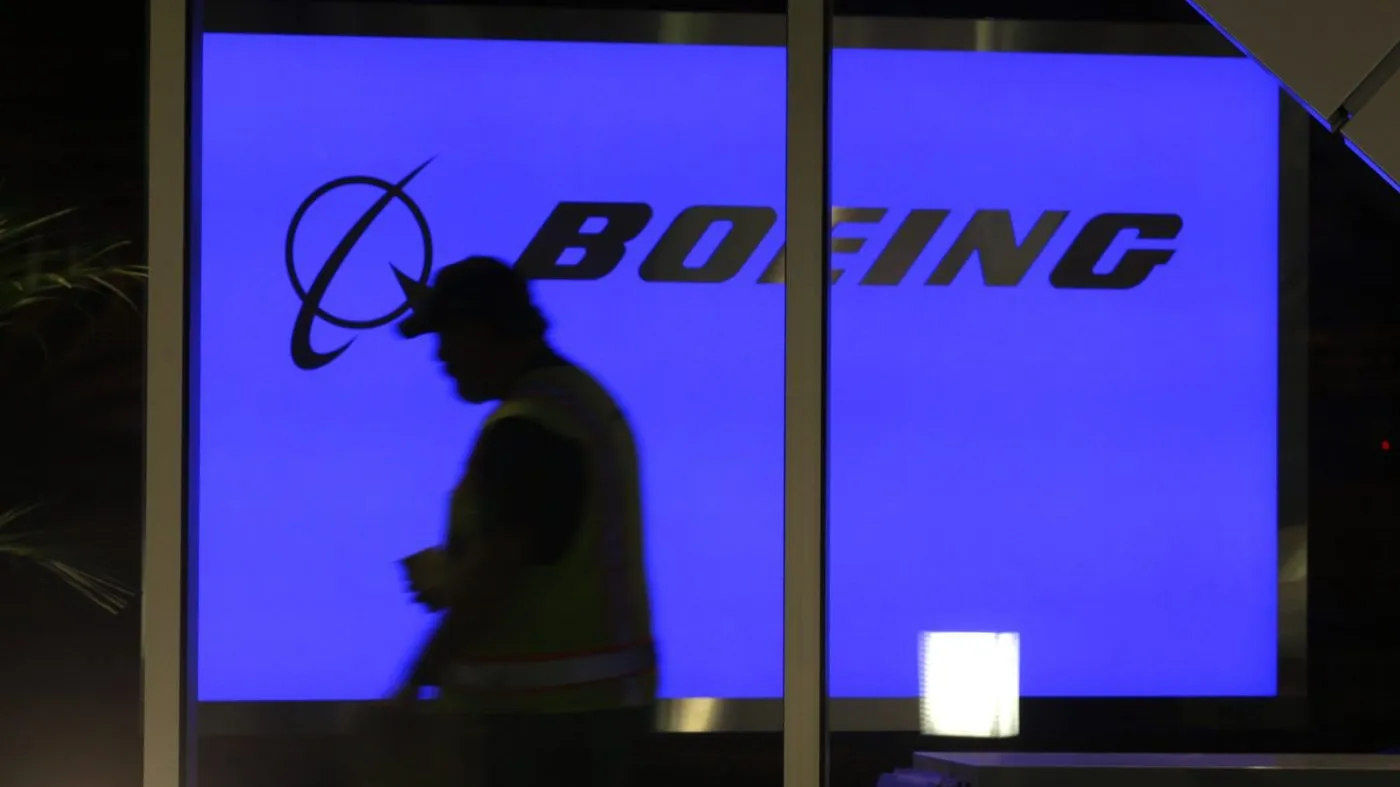Boeing's Defense and Space Shock: Leadership Change to Address Troubled Contracts

Boeing's Leadership Change
ARLINGTON, Va. (AP) — Boeing on Friday replaced the head of its troubled defense and space business, which has struggled with money-losing government contracts and embarrassing setbacks involving its Starliner space capsule. The company said Theodore “Ted” Colbert III was removed immediately as president and CEO of Boeing Defense, Space & Security and replaced temporarily by the division's chief operating officer, Steve Parker. A search is underway for a permanent replacement.
Challenges in the Defense and Space Division
Colbert spent 15 years at Boeing, serving as chief information officer and leading its global-services business before running the defense unit. Kelly Ortberg, who took over as Boeing CEO last month, said in a memo announcing Colbert's departure, “At this critical juncture, our priority is to restore the trust of our customers and meet the high standards they expect of us to enable their critical missions around the world. Working together we can and will improve our performance and ensure we deliver on our commitments.”
Financial Struggles
Boeing is trying to dig out from unprofitable contracts with the Pentagon and NASA, including new Air Force One presidential planes and refueling tankers for the Air Force. Since the start of 2022, the defense and space division has lost $6 billion, slightly more than Boeing’s airplane business.
Starliner Challenges
The Starliner capsule that Boeing built for NASA suffered problems with thrusters on its first crewed mission to the international space station. NASA decided this month it was too risky for two astronauts to fly home in the capsule, so they will stay in space until February and ride back to Earth on a SpaceX capsule.
This article was prepared using information from open sources in accordance with the principles of Ethical Policy. The editorial team is not responsible for absolute accuracy, as it relies on data from the sources referenced.